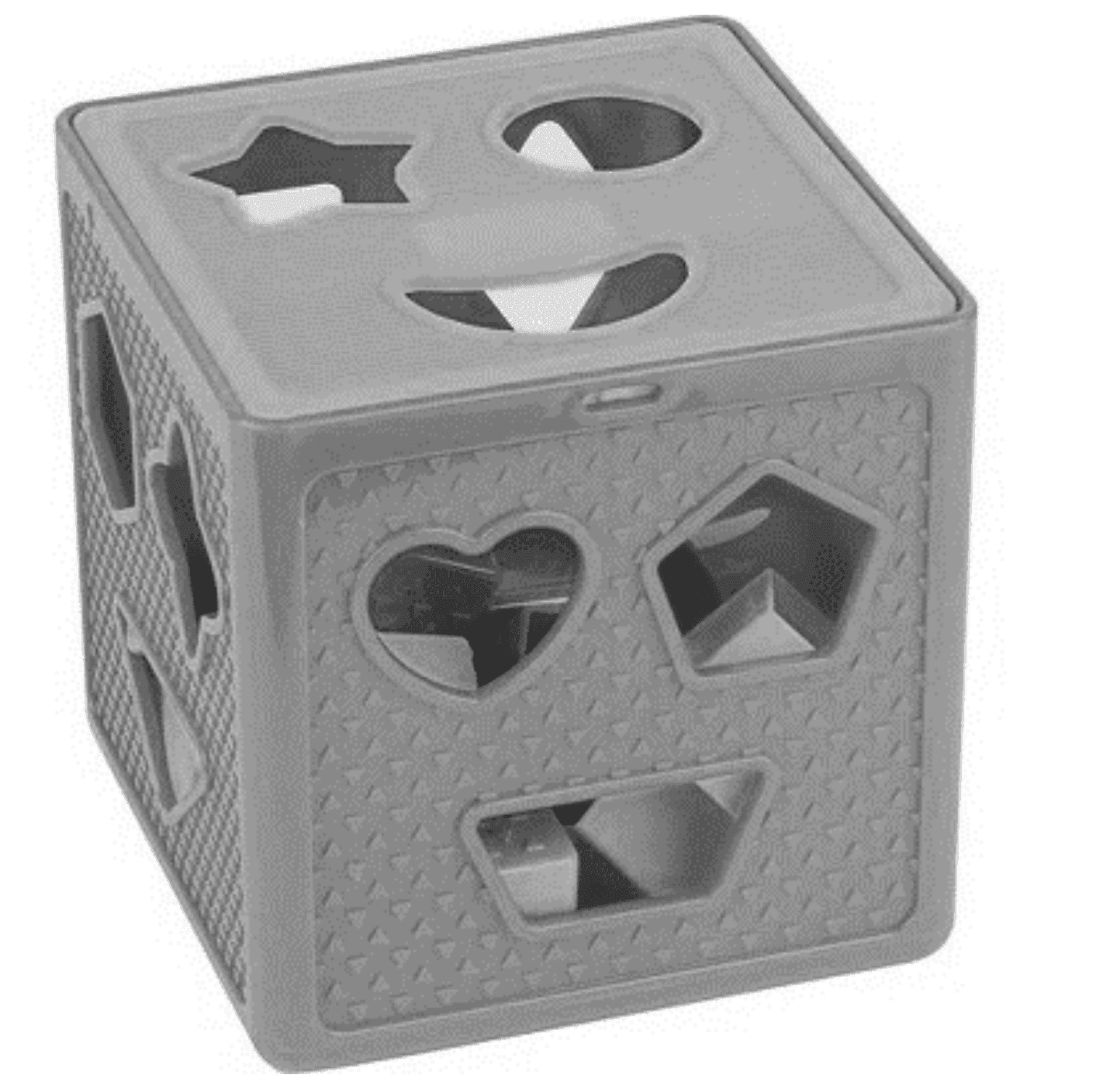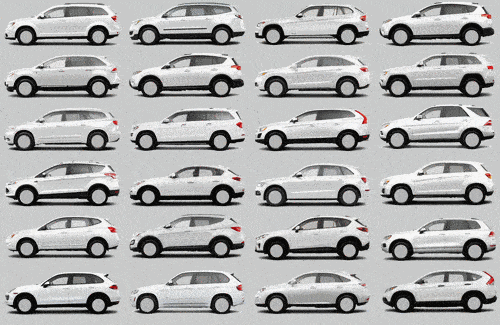Boats Don’t Fit in Buckets
By Nick Schoeps
August 28, 2022

I was ready to bail. Photon was hard, and nothing seemed like it was going to work. Boats take 5x the energy of cars, it’s not easy to make that pencil out with batteries. Keep in mind this is coming from a startup EV veteran and serial co-founder. Not my first rodeo — why was I struggling with boats of all things? It makes sense to me now, let me take you back to childhood.
Nothing eases the mind quite like sorting. If it’s not an inherent human trait, we certainly instill it at a young age. “A place for everything, and everything in its place”, right? Everything needs its own bucket, probably with a label so we know what’s in it. Bucketizing brings us a feeling of ease via control and order.
Economies of scale propagate bucketization to an extent at which most mature products are homogenized. If you could ignore the branding and style preferences — what separates a 3-Series BMW and an Audi A3? Or a Nissan Titan and a Ford F150? Cars are the most complex mass-produced product humans have created, and every market segment has buckets full of fiercely competitive sameness.

This is the automotive world I built a career in — segmentation rules. I was floundering at Photon because nothing seemed to fit this model. Vessels are made all over the world by thousands of different companies and come in all shapes, sizes, and hull varieties. They operate in vastly different conditions from big ocean swells to protected freshwater rivers. It’s chaotic, diverse, non-conforming — there are NO BUCKETS — an engineer’s worst nightmare.
After getting past the initial panic, I’m warming up to the diversity — it’s actually refreshing and exciting. Our mission is not to create a Tesla-of-the-sea (shout out to arcboats!), but rather to produce the Lego sets that serve a plethora of boats both new and existing. The average vessel sees more than 30 years of service before retirement — far greater than most cars. The carbon intensity of boats is much higher than cars, so keeping existing boats out of (very large) dumpsters can have a big impact.
“Exciting” may be the optimistic term, “challenging” is more honest. Every application requires diligence and analysis. Many smaller vessels simply can’t hold enough battery to go the distance. One ecotourism fishing charter in Belize was a perfect fit and very enthusiastic but didn’t have enough electric service on the island to charge overnight.
This diversity can be daunting, but we’re working a big orchard with many trees and we’ve already found more bushels of low-hanging fruit than we can possibly pick. The building blocks we’re deploying can power a 300 person ferry or a sporty 50mph runabout. We’ve had no trouble finding pilot customers with the right confluence of charging infrastructure, ESG incentives, trip duration, and vessel size. For many the ROI can be less than two years and as technology improves, we’ll be ready to expand our reach.